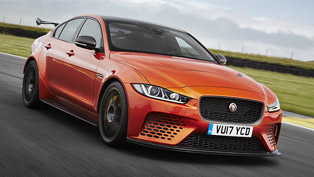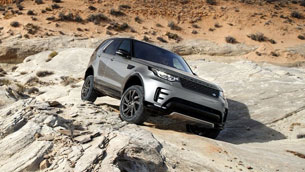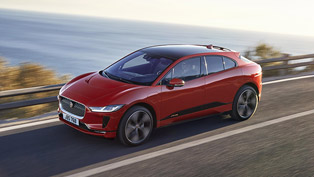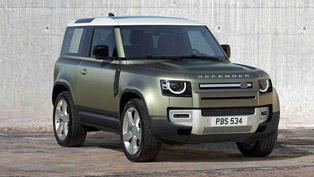Jaguar Land Rover develops a hydrogen-powered fuel cell prototype
 Jaguar Land Rover engineers are developing a prototype hydrogen fuel cell electric vehicle based on the new Land Rover Defender.
Jaguar Land Rover engineers are developing a prototype hydrogen fuel cell electric vehicle based on the new Land Rover Defender.
The FCEV concept is part of Jaguar Land Rover's goal to achieve zero emissions by 2036, and net-zero carbon emissions across its supply chain and products by 2039.
The FCEV generates electricity from hydrogen in order to power the electric motor and is complementary to the battery-electric vehicles on the goal of achieving zero vehicle emissions. Furthermore, the Hydrogen-powered FCEVs ensure high energy density and quick refueling, and minimal losses of range in low temperatures. This makes the technology suitable for longer-range vehicles and these operating in temperature-fluctuating environments.
The advanced engineering project is named Project Zeus and is funded by the government-backed Advanced Propulsion Centre, and will enable engineers to get to know more about the hydrogen systems and how they can be optimized in order to deliver the performance and capability expected by customers.
SEE ALSO: Volkswagen reveals further details about the new Golf GTI
The tests will begin towards the end of 2021 and will verify key attributes like the off-road capabilities and the overall fuel consumption.
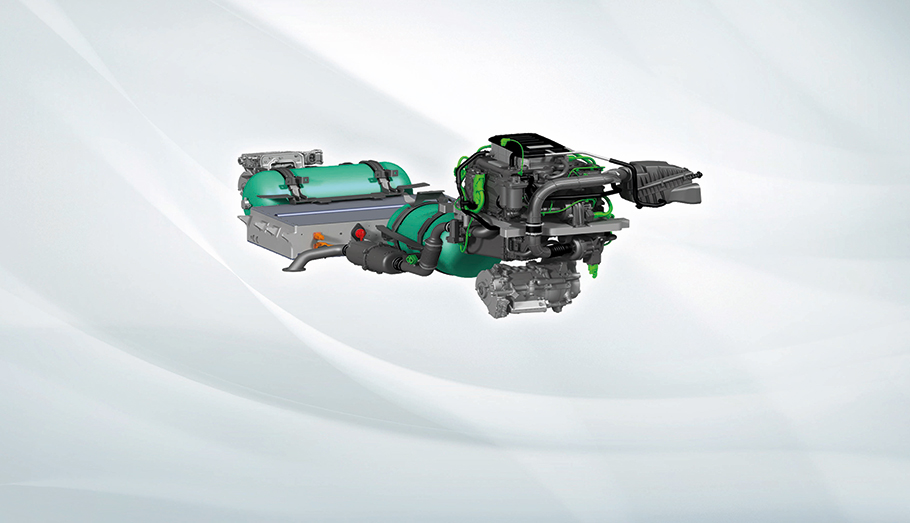
Ralph Clague, Head of Hydrogen and Fuel Cells for Jaguar Land Rover, said: We know hydrogen has a role to play in the future powertrain mix across the whole transport industry, and alongside battery electric vehicles, it offers another zero tailpipe emission solution for the specific capabilities and requirements of Jaguar Land Rover's world-class line-up of vehicles. The work done alongside our partners in Project Zeus will help us on our journey to become a net zero carbon business by 2039, as we prepare for the next generation of zero tailpipe emissions vehicles.

